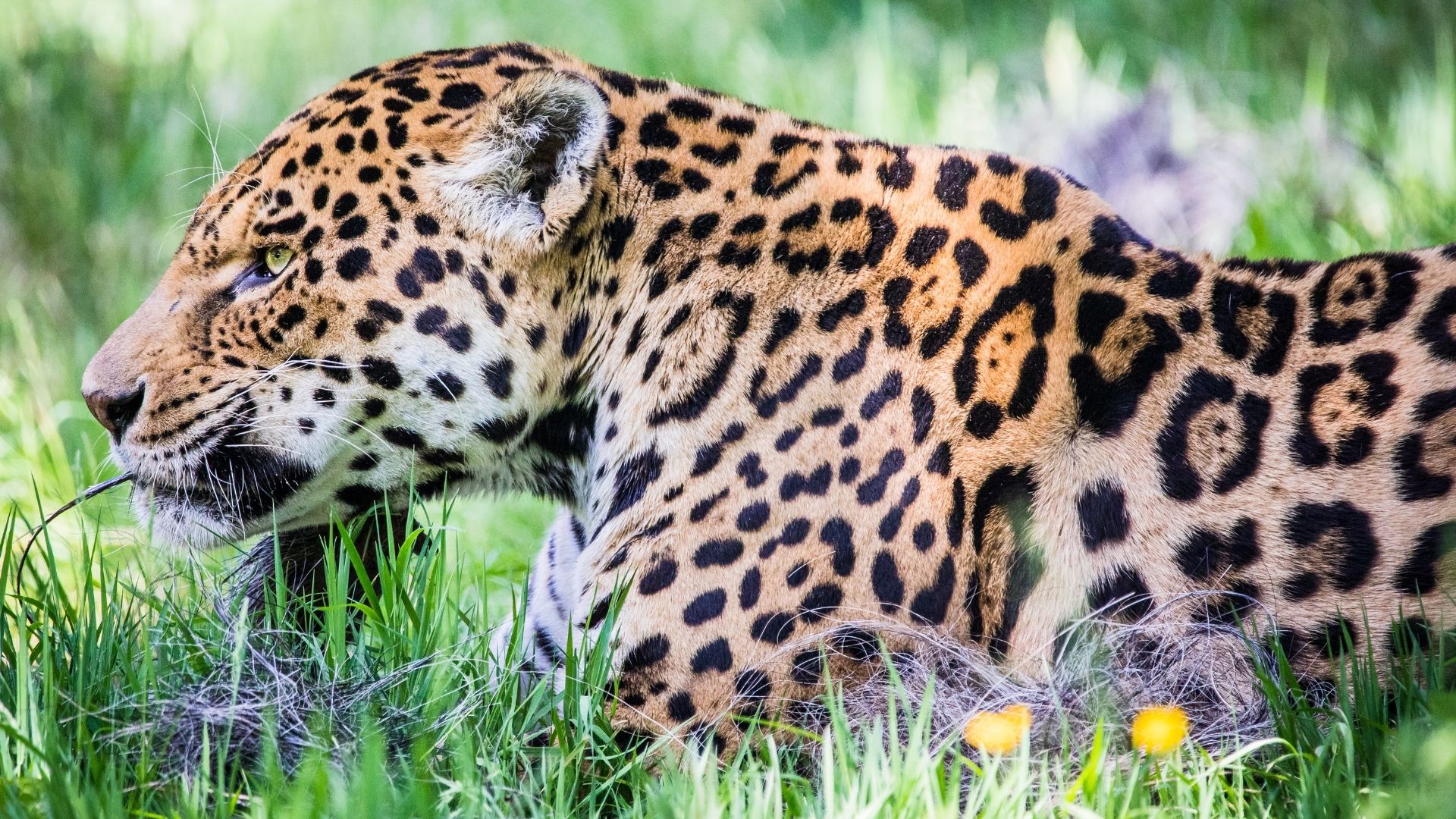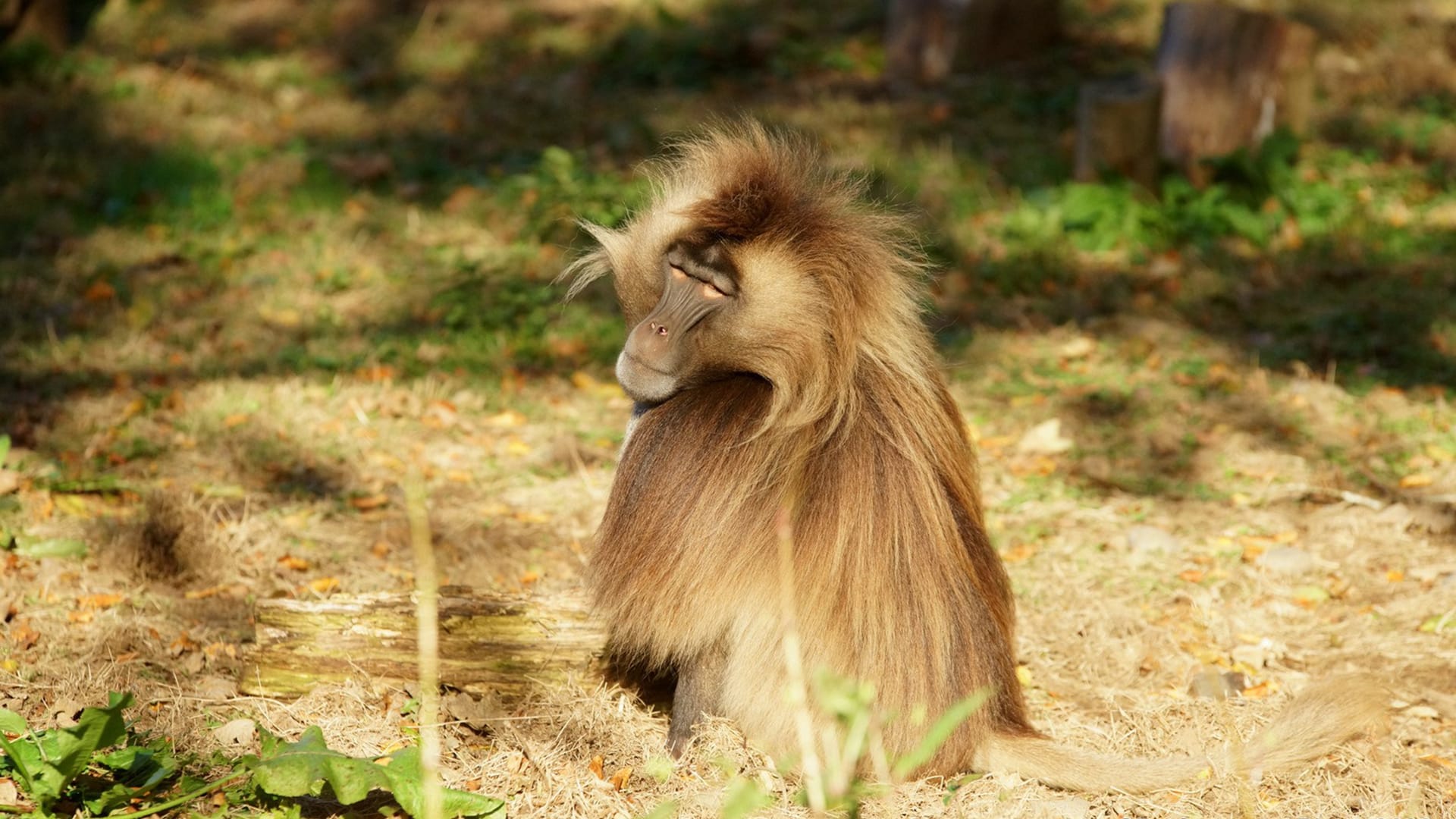Sustainability
What DZS is doing…
Environmental Statement
Dartmoor Zoological Society (the charity) recognises that an ever increasing demand for natural resources is putting tremendous pressure on our planets ecosystems.
The charity is committed to improving environmental performance in all its business operations. This is realised by adhering to our Environmental Policy and striving to meet its continual improvement goals, in particular to educate the public about the Earth’s conservation and natural resources through projects and initiatives dealing with the conservation and protection of living animals and their habitats. The charity aims to spread the message of conservation, to maintain a green purchasing policy and to reduce CO2 emissions. The charity also endeavours to minimise the environmental impact of all its activities, products and processes. This is to be achieved by applying the most economically viable application of the best available technology to ensure the protection of the environment and the reduction of environmental pollution.
To achieve such improvements in environmental performance, the charity has set and will maintain, review and revise environmental objectives and targets with the aim of continually improving our environmental performance.
We are working closely with Green Tourism, inspiring the highest standards of sustainability, efficiency and working practices. We use the latest technologies such as LED lighting, efficient boilers and we are completely zero to landfill. Our restaurant and shop is dedicated to using local suppliers and to have a range of ethical products, plus all our food waste is recycled to help feed a local biomass boiler.

Sustainable Palm Oil
The palm oil industry is huge, and the unsustainable production of palm oil is one of the biggest threats facing the rainforests and wildlife of Borneo and Sumatra. The production and demand is increasing. Palm oil can be found in over 50% of products on supermarket shelves, which is contributing to the loss of our rainforests.
We can make a huge difference in protecting wildlife by tackling the production of unsustainable palm oil. We are currently working with our partners to promote sustainable palm oil production, but YOU can also make a difference. Dartmoor Zoo is a sustainable palm oil site, therefore everything we sell, and produce is made from certified sustainable palm oil.
